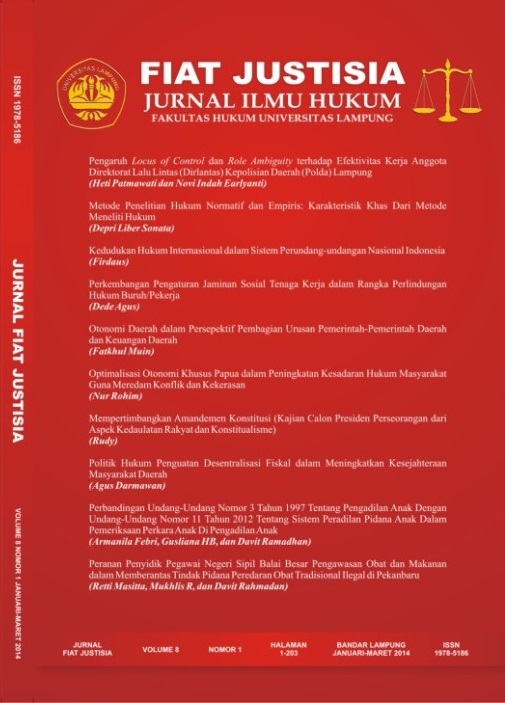Death Penalty for Corruptors: Between the Human Rights and Challenges of Progress in Indonesian Law
Abstraksi
The study concerned here examined students' perceptions of death penalty existence for corruptors. Corruption is a significant problem that captures the attention of the wider public. Corruption has a vast, systematic, and complex impact so that it could be classified as an extraordinary crime. Despite that classification, it turns out that the public considers corruptors' punishment in Indonesia still too light and has not met the public's expectations regarding justice. The people still feel the disparity in a penalty for corruption. The public believes capital punishment to a punishment option that could cause a deterrent effect. The majority of the public wants corruptors to be sentenced to death, but there is opposition to the death penalty on the grounds of upholding human rights. This study was conducted by students of the Pendidikan Pancasila dan Kewarganegaraan (PPKn) or Department of Pancasila and Citizenship, Faculty of Social Sciences, Universitas Negeri Medan. It is found in the study that students agree on the death penalty for corruptors, that they do not see human rights as an excuse for rejecting the death penalty. Moreover, the death penalty is to be viewed as a breakthrough in combating corruption in Indonesia.
Kata kunci
corruptiondeath penaltystudentsFiat Justisia
Issue No.3 vol.14, Mei 2020- Diterbitkan oleh University of Lampung

p-ISSN 1978-5186
e-ISSN 2477-6238
2024 Hak Cipta Milik Hukumonline.com




































